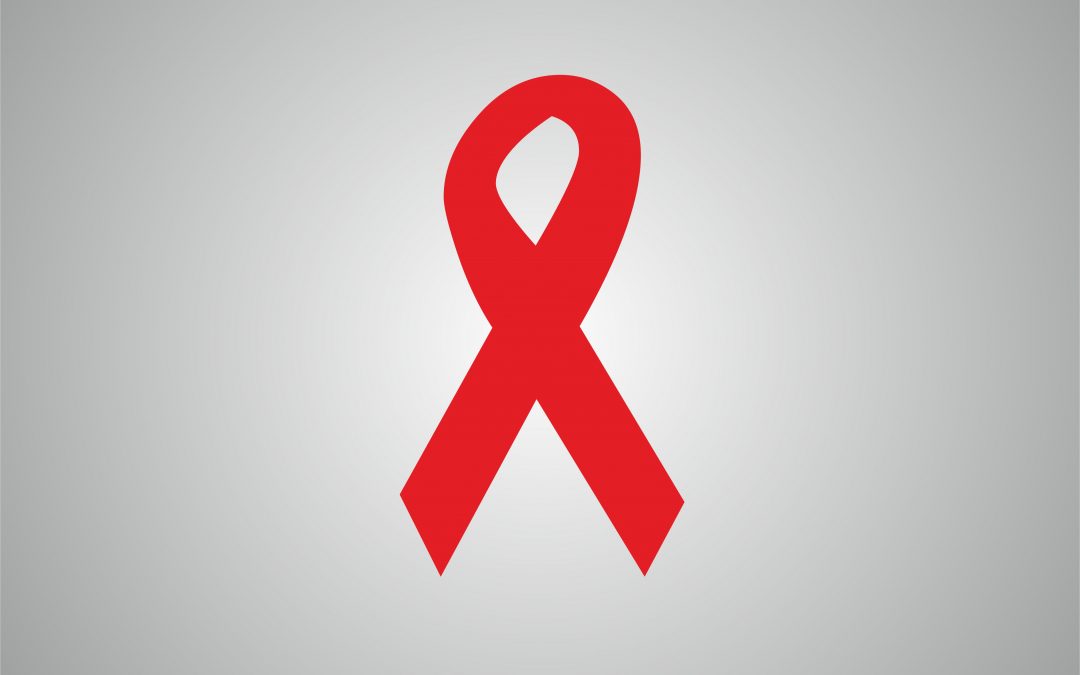Avert and Positively UK are two UK charities that have a dedicated session on Young People and HIV. You can find their contact details in the Get help section below.
Get help
Positively UK
Their youth services are run by young people living with HIV themselves. Want more information, or to talk to someone? Contact them on 020 7713 0444 or email info@positivelyuk.org
Avert
The website has also a section on sexual health and puberty information. You can contact them on 01273 947749 or email (Office hours are 9am-5pm Monday to Friday)
We at Southern Central Ambulance Service receive a considerable amount of calls regarding the PEP (post-exposure prophylaxis) treatment from young people.
If you are or know someone who is HIV negative and concerned that you/they may have been exposed to HIV, you get information from the NHS website. PEP is not guaranteed to work, but it is time critical.
What is HIV?
- HIV (Human Immunodeficiency virus) is a virus that damages the cells in your immune system & weakens your ability to fight everyday infections and diseases
- It can be transmitted from one person to another
- There is currently no cure, but there are many effective treatments to enable you to live a relatively normal life – early diagnosis along with treatments will allow you to live to a near-normal life span
Symptoms
- Most people experience a short flu-like illness occurring around 2-6 weeks after infection, then it may not show any symptoms for years after
- Usually occurs for 1-2 weeks
- Most common symptoms:
- Sore throat
- Body rash
- Fever
- Other symptoms:
- Joint pain
- Tiredness
- Muscle pain
- Swollen glands
- If immune system becomes damaged the symptoms are:
- Weight loss
- Chronic diarrhoea
- Night sweats
- Skin problems
- Recurrent infections
- Serious life-threatening conditions
Causes
- Having vaginal or anal sex without a condom with someone with HIV
- Sharing needles and other injecting equipment
- Mother to baby during breastfeeding or before/during birth
- Sharing sex toys
- Blood transfusion
How is it transmitted?
- Through blood by:
- Injecting equipment
- Thin walls of the anus, vagina and genitals
- Thin lining of mouths and eyes
- Cuts or sores in the skin
- Through bodily fluids such as:
- Semen
- Vaginal fluids including menstrual blood
- Breast milk
- Blood
Diagnosis
- Only way to find out is through a HIV test
- HIV Tests are free on the NHS
- Can be done in clinics or with home testing kits
Treatment
Treated with antiretroviral medications– stopping the virus replicating in the body
Source: NHS

